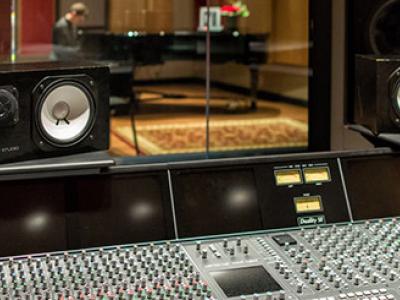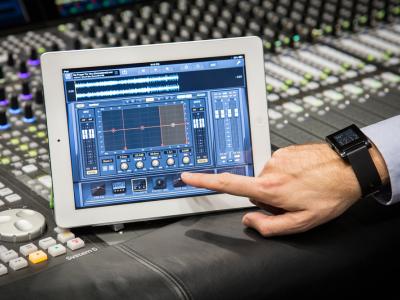What does a Boom Operator do?
Holding a boom mic is straightforward, but operating it well is an art that requires excellent technique.
At a Glance
Boom operator is one of two entry-level positions in the production audio crew, the other being the utility sound technician. Most boom operators are university-trained audio engineers who specialize in live recording (as opposed to studio recording). They work closely with production sound mixers, and may receive a certain degree of on-the-job mentorship from them. Some are happy to work in this position for their entire lives, and progress by finding work on higher-budget projects. Others wait for their golden opportunity to take over the mixing board, perhaps when a production sound mixer is ill or unavailable.
There are numerous examples of boom operators becoming production sound mixers, but to do so might require patience, dedication, and a lucky break. Boom operators might also go on to become field recordists, capturing specific sounds and ambience for use in other projects and libraries, or sound recordists—the equivalent position to production sound mixers in the radio and podcast industries.
It’s tough to find one's first big-time gig as a boom operator. For one thing, production sound mixers usually hire their own teams from among people they've worked with in the past. For another, one needs a great deal of demonstrated experience and skill—in the form of credits on smaller projects—to even be considered for a Hollywood gig. For aspiring production audio professionals, the solution is volunteering on non-union shoots, keeping an eye out for production sound internships, and working as much as possible on student and independent films. One should also consider gigs as a utility sound technician, a similar role with networking potential.
- Audio engineering
- Live recording
- Mic choice and placement
- Physical fitness
- Focus
- Memorization
- Listening
Film is a collaborative art, and boom operators must strive in all ways to be easy to work with. Arguments and interpersonal friction can make a 12-hour shoot feel even longer than it already is, while being friendly and respectful with other members of the production crew (especially the film crew) makes everybody's job easier—and the boom operator more likely to be rehired. Boom operators are usually hired by production sound mixers, which means that good professional relationships with sucessful production sound mixers are vital. All of that aside, boom operators need a great memory, a high level of focus, and a huge reservoir of physical stamina.
Most boom operators are freelance, although some are employed by Hollywood sound houses in the production sound crew. When shooting on a project, boom operators may spend more than fourteen hours each day on location, alternately working and waiting around, repeating this process every day for several weeks or even months. On the other hand, boom operators can also go for weeks or months between gigs, during which time they may need to find alternative sources of income. Establishing a consistent flow of work is vital to success.
Boom operators may need a vehicle to get to their gigs, particularly in spread-out Los Angeles. Additionally, plane travel—domestic or international—and weeks away from home are necessary for many gigs, especially in the film industry.




